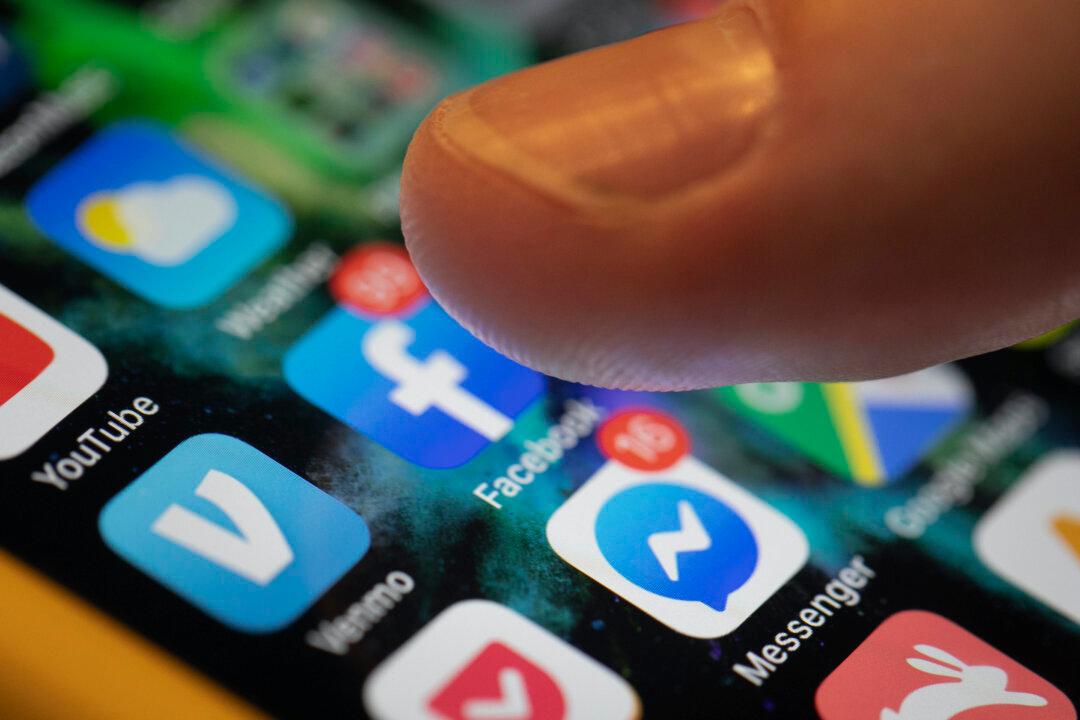Facebook parent company Meta will soon be launching default end-to-end encryption for every Messenger user, the company announced on Dec. 6, marking a win for privacy advocates.
The default encryption for all personal chats and calls on Messenger and Facebook will make them “even more private and secure,” Loredana Crisan, the head of Messenger, wrote in a blog post announcing the update.




